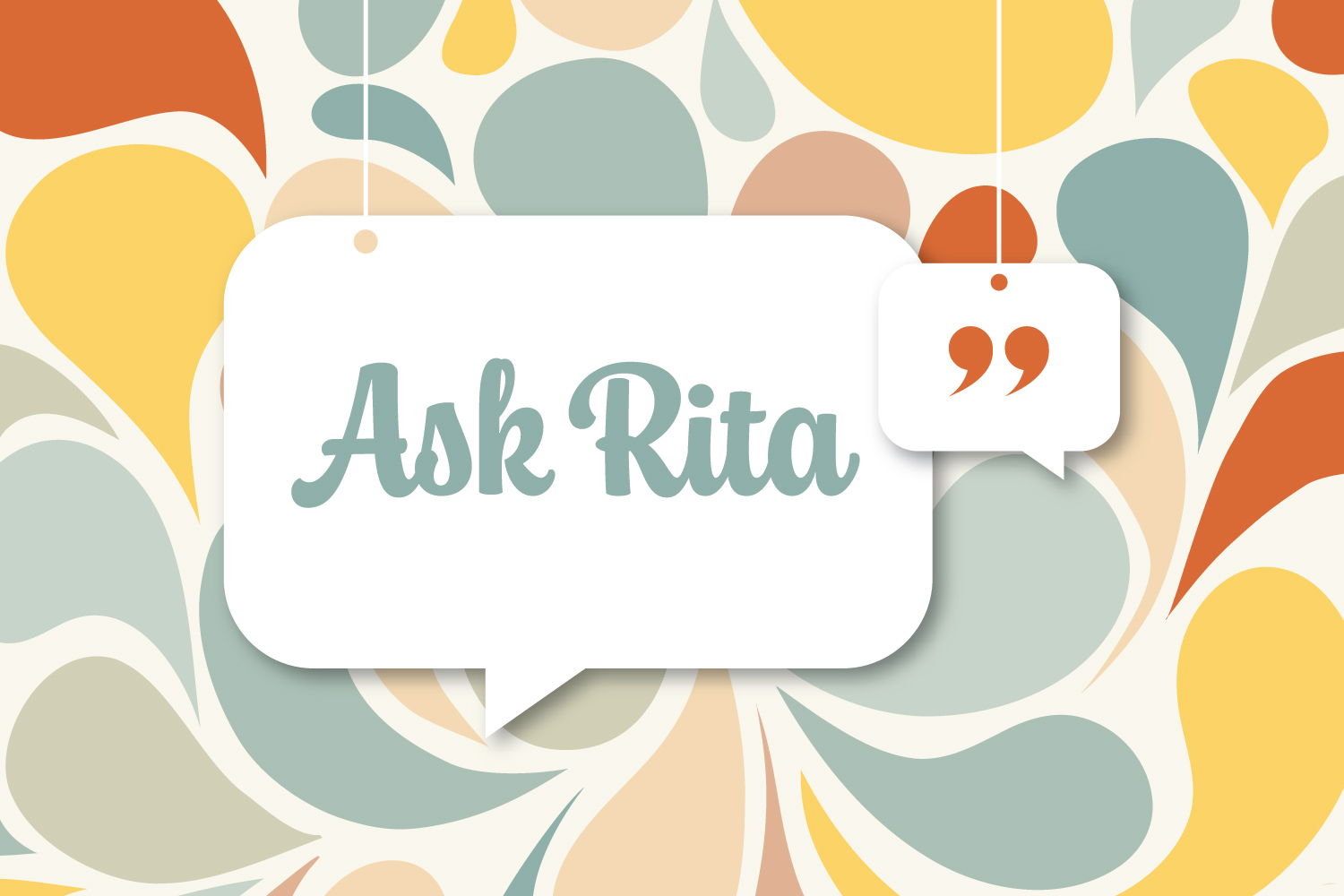A Drug and Alcohol Free Workplace Policy for Nonprofits
Standard elements of a drug and alcohol free workplace program for nonprofits. Includes a sample drug- and alcohol-free workplace policy.

Certain employers, by law, are required to adopt specific policies on this issue.
While there is no one model drug and alcohol free workplace program that is right for all workplaces, there are standard elements of such a program that should be included at your agency. Effective programs typically contain the following elements:
- A written policy in the employee handbook
- Supervisor training on the policy and in alcohol and drug use detection
- Employee education and awareness of the policy
- Employee assistance to provide help to those seeking treatment
Remember that certain employers, by law, are required to adopt specific policies on this issue. If you have Department of Transportation-regulated commercial drivers, those employees are subject to the drug and alcohol testing mandated by federal law. Agencies that are federal contractors or grantees are required to comply with the Drug Free Workplace Act. However, the following policy could be used as a starting point for your agency to consider if you currently do not have any policy. This policy does not include drug or alcohol testing. Before adopting a drug and alcohol policy, especially one that includes testing, you should consult with human resources consultant or legal counsel to ensure compliance with all applicable state and federal laws.
Sample Policy
Insert the name of your nonprofit in the blank spaces
Alcohol and Drug-Free Workplace
______________prohibits the possession, sale, consumption, or being under the influence of alcoholic beverages or illegal drugs by employees while in the office, during working hours outside the office, or while on agency business, or in an agency vehicle. Any employee found possessing, selling, consuming, or being under the influence of alcoholic beverages while on duty will be subject to discipline, up to and including termination.
Occasional exceptions to this policy against the consumption of alcoholic beverages may be made at ___________’s sole discretion for small quantities of such beverages reasonable under the circumstances, usually wine or beer, which may be available at office parties or ___________’s events. At such parties and events, all personnel are expected to exercise good judgment and moderation. In no event may any underage individual consume alcohol at any ___________ event, and all personnel are expected to comply fully with all laws (including laws prohibiting the operation of motor vehicles while under the influence of alcohol), and to take safety precautions including arranging for a designated sober driver.
Any employee who is using prescription or over-the-counter drugs that may impair the employee’s ability to safely perform the job, or affect the safety or well being of others, must notify a supervisor of such use immediately before starting or resuming work while under the influence of such prescription or over-the-counter drugs.
If you have a problem with drugs and/or alcohol and wish to undertake rehabilitation, you can request an unpaid leave of absence for this purpose. It is your responsibility to seek help before the problem adversely affects your work performance or results in a violation of this policy. If you need assistance in seeking this help, you may talk to the [INSERT POSITION OF STAFF MEMBER, EMPLOYEE ASSISTANCE PROGRAM or OTHER APPROPRIATE PERSON/ENTITY]. No one will be discriminated against for undertaking rehabilitation.
For further information
The National Clearinghouse for Alcohol and Drug Information (NCADI) is a toll-free service funded by the federal government. NCADI’s information specialists will help you find information on all aspects of substance abuse from videos and prevention materials, to specific program descriptions, resources in your state, and the latest research results. Many publications and educational materials are available free from NCADI.
http://store.samhsa.gov/home or tel. 1-800-729-6686
The Drug Free Workplace Hotline is a toll-free service funded by the federal government to assist business, industry, and unions on the development and implementation of comprehensive drug-free workplace programs, tel. 1-800-843-4971
See also:
An Alcohol Problem Holds the Bookkeeping Hostage
You might also like:
- Ask Rita: Recording Conversations in the Workplace — Do I Have to Put Up with This?
- Moving Beyond Performance: Making DEI Actionable
- As Nonprofits Face the DEI Wars, Can a “Prohuman” Approach Help?
- Five Internal Controls for the Very Small Nonprofit
- Drive Your Nonprofit’s Mission by Investing in Your People
You made it to the end! Please share this article!
Let’s help other nonprofit leaders succeed! Consider sharing this article with your friends and colleagues via email or social media.
About the Author
Articles on Blue Avocado do not provide legal representation or legal advice and should not be used as a substitute for advice or legal counsel. Blue Avocado provides space for the nonprofit sector to express new ideas. The opinions and views expressed in this article are solely those of the authors. They do not purport to reflect or imply the opinions or views of Blue Avocado, its publisher, or affiliated organizations. Blue Avocado, its publisher, and affiliated organizations are not liable for website visitors’ use of the content on Blue Avocado nor for visitors’ decisions about using the Blue Avocado website.









You all just made my day.
We have a very small new nonprofit that can MAYBE get some federal ARF money here at the last minute, all volunteers with one paid (if we get the funds) independent contractor and have to have a drug-free workplace policy. I am SO grateful for this resource. OH thank you!
Peggy
You all just made my day.
We have a very small new nonprofit that can MAYBE get some federal ARF money here at the last minute, all volunteers with one paid (if we get the funds) independent contractor and have to have a drug-free workplace policy. I am SO grateful for this resource. OH thank you!
Peggy